Mozambique: Attorney-General calls for “strategic response” to organized crime
Mozambique: HIV/ADS health care units trying to follow Cabo Delgado returnees
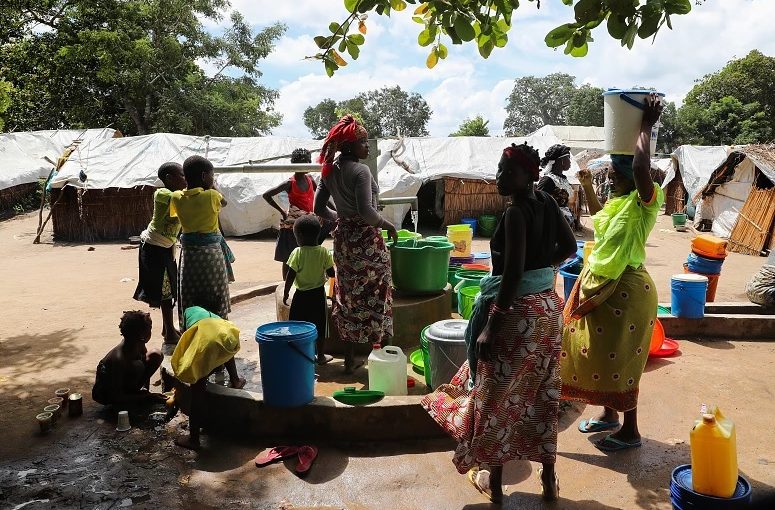
FILE - For illustration purposes only. [File photo: Lusa]
The partners supporting the authorities on HIV/AIDS in Cabo Delgado province, northern Mozambique, say it is difficult to keep up with those displaced by the armed conflict in the region.
“This population cannot always communicate with the health units,” said Dércia Maguel, project manager at the Aga Khan Foundation in Pemba, the focal point for tuberculosis and HIV/AIDS.
Victims of the insurgency living with HIV, forced to flee, displaced from their place of residence over the past five years, are also cut off from services that used to provide them with health care, including distribution of antiretrovirals, with public services having been destroyed in several districts.
And even if they find support in new reception areas, many are only there temporarily.
Currently, there is a return of people who have come to live in centres for displaced people but who want to return to their homes, movements made without the knowledge of health entities, especially those working in the fight against HIV/AIDS, making screening difficult.
“It is difficult. We lose track of patients, and this is the biggest challenge,” Dércia told Lusa.
“We need to find strategies” to together with the population “o ensure that even if the patient returns to their homes, we are able to follow-up the care,” she stressed.
With more than 154,000 HIV-positive people and an HIV/AIDS prevalence rate of 10.5%, Cabo Delgado is the Mozambican province where an armed insurgency has been terrorising several districts for five years.
Some community health workers are responsible for going through the displaced resettlement centres to see people with HIV/AIDS, with the idea of not leaving them without antiretrovirals to take.
The drug is central to keeping viral load below transmissibility levels.
“We end up reaching this group of patients through mobile brigades, where partners support us, and we participate,” the Aga Khan manager added.
“Health technicians from different areas are present,” she said.
Magido Sabune, Cabo Delgado provincial health director, said that there are 102 health units operating in Cabo Delgado (37 are closed due to rebel attacks) and that all have HIV/AIDS care and provide antiretroviral treatment.
“Thanks to the policy we are implementing, all health units working in Cabo Delgado province are offering antiretrovirals”, he said.
He does not have an estimate of the total number of drugs made available last year but points out that the districts where there are more users were Muidumbe, Mueda, Chiúre and Montepuez.
It is estimated that in 2022 there were 24,000 new HIV infections in Cabo Delgado, down from around 25,600 in 2021, but at a rate that complicates the health authorities’ claim of eradicating the pandemic by 2030.
The province has faced an armed insurgency for five years, with some attacks claimed by the extremist group Islamic State.
The conflict has led to a military response since July 2021 with support from Rwanda and also southern African countries, amassing a tally of more than one million displaced people, according to the United Nations High Commissioner for Refugees (UNHCR), and some 4,000 deaths, according to the ACLED conflict registration project.


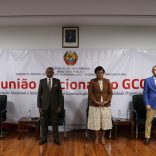


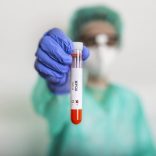
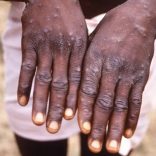
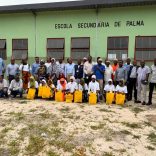




Leave a Reply
Be the First to Comment!
You must be logged in to post a comment.
You must be logged in to post a comment.